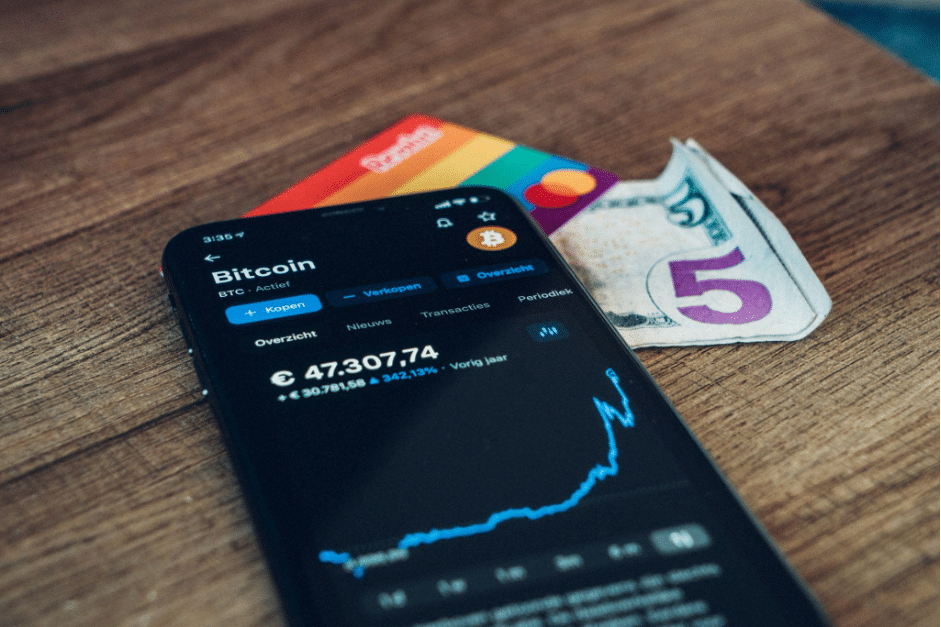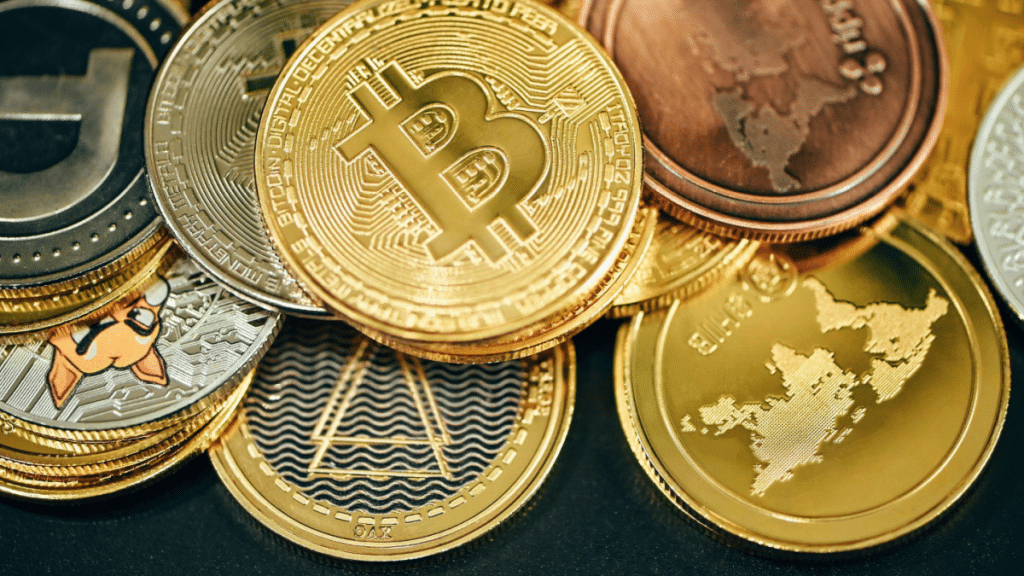Bitcoin, the first and most widely recognized cryptocurrency, has revolutionized the financial landscape since its inception in 2009. As a decentralized digital currency, Bitcoin offers an alternative to traditional banking systems, enabling peer-to-peer transactions without the need for intermediaries. Its significance extends beyond its role as a digital asset; Bitcoin has become a critical player in the world of investments, often compared to gold as a store of value and a hedge against economic uncertainty.
For both novice and seasoned investors, understanding how to purchase Bitcoin is essential. The process not only involves technical know-how related to digital wallets and blockchain technology but also a strategic understanding of when and where to buy. This knowledge can empower investors to make informed decisions, potentially leading to significant financial returns or providing a safeguard against inflation. Thus, learning to navigate the complexities of buying Bitcoin is crucial in leveraging its full potential as a financial instrument.
Understanding Bitcoin and Its Value
Bitcoin is a decentralized cryptocurrency invented in 2009 by an unknown person or group of people using the pseudonym Satoshi Nakamoto. It operates on a technology called blockchain, a public ledger containing all transaction data from anyone who uses bitcoin. Transactions are added to “blocks” or the links of code that make up the chain, and each transaction must be recorded on a block. Unlike traditional currencies, Bitcoin does not require a central authority to manage or maintain its value; instead, it uses a decentralized system where transactions are confirmed by nodes on the network.
The value of Bitcoin arises from several factors including its scarcity—there will only ever be 21 million Bitcoins—and its popularity among users. As more people and businesses adopt Bitcoin as a form of payment, its value relative to traditional currencies can increase, impacting financial markets significantly. For investors trading in other cryptocurrencies, like swapping ETH to SOL, understanding Bitcoin’s foundational role in the market dynamics is crucial, as it often influences the broader crypto ecosystem’s liquidity and valuation.
Preparing to Buy Bitcoin

Before venturing into the purchase of Bitcoin, there are several preparatory steps that need to be carefully considered to ensure a smooth and secure transaction. The first step is setting up a digital wallet—this is where your Bitcoin will be stored post-purchase. Wallets come in various forms: software wallets that can be apps on your device, online wallets provided by exchanges, and hardware wallets which are physical devices that store Bitcoin offline. Choosing the right type of wallet depends on your needs for accessibility and security. Hardware wallets, while less convenient for frequent trading, offer the highest level of security.
Selecting the right exchange or trading platform is equally important. Factors to consider include transaction fees, the security measures in place, and the user interface’s ease of use. Look for platforms with a strong track record of security and customer support. It’s also wise to compare fees as they can vary significantly between exchanges and can affect the overall cost of buying Bitcoin.
How to Buy Bitcoin: Step-by-Step Guide
- Account Creation and Verification: Choose a reputable cryptocurrency exchange and create an account. You will need to provide personal information and likely undergo identity verification to comply with financial regulations.
- Depositing Fiat Currency: Once your account is set up, deposit fiat currency into your exchange account. This can typically be done via bank transfer, credit card, or other payment services like PayPal. Each method has different fees and processing times, so choose one that best fits your needs.
- Placing a Buy Order for Bitcoin: Navigate to the buy section of the platform. You can place different types of orders—for instance, a ‘market order’ buys Bitcoin instantly at the current market price, whereas a ‘limit order’ sets a price at which you want to buy, and the transaction only executes if the market reaches that price.
- Executing Different Types of Orders: Familiarize yourself with the order types your exchange offers. Market orders are immediate but can be costly during volatile periods, while limit orders give you control over the price but may not execute immediately.
- Ensuring a Safe Transaction: Always double-check the addresses, transaction amounts, and current exchange rates before finalizing a purchase to avoid costly mistakes. Use two-factor authentication on your account for added security.
By following these steps and staying aware of the common pitfalls like transaction delays and unexpected fees, you can make a well-informed Bitcoin purchase.
Payment Options for Buying Bitcoin
Several payment methods are available for buying Bitcoin, each with its unique advantages and drawbacks. Bank transfers are a common method due to their relatively low fees and higher security; however, they can take longer to process, sometimes up to several business days. Credit cards offer instant purchases but often come with higher fees and the risk of chargebacks. PayPal and other digital payment systems provide a balance between speed and cost, though they may not be available on all platforms.
The choice of payment method significantly affects transaction speeds and costs. Bank transfers, while slower, may save on costs and are suitable for large purchases. Credit cards and PayPal offer speed but at a premium, which can add up, especially in frequent trading or large amounts.
Legal and Tax Considerations
When purchasing Bitcoin, it’s crucial to consider the legal and tax implications, which vary by region. Regulatory compliance is mandatory; ensure the exchange is compliant with local laws and regulations regarding cryptocurrency transactions. Regarding taxes, most jurisdictions require the declaration of any gains made from Bitcoin transactions as part of income or capital gains tax. The specifics can vary, so it’s advisable to consult with a tax professional to understand your obligations.
Conclusion
This article has covered essential aspects of buying Bitcoin, from setting up a wallet to choosing the right exchange and payment method. As the cryptocurrency landscape continues to evolve, staying informed and cautious is crucial. Always conduct thorough research and consider both the financial and regulatory environments before making Bitcoin investments. This careful approach will help navigate the complex yet potentially rewarding world of cryptocurrency.
